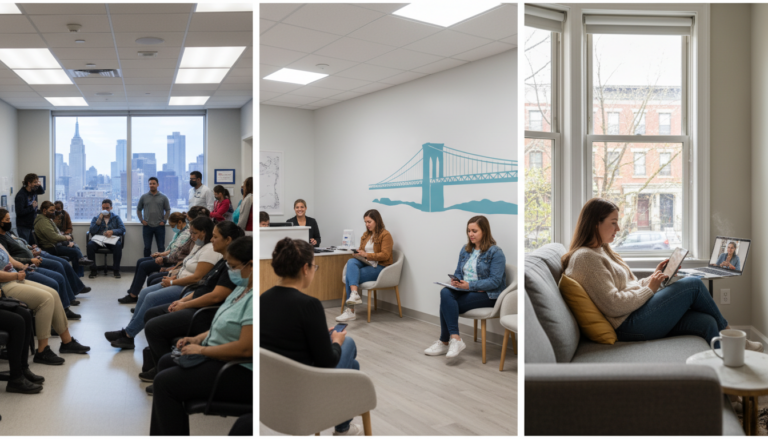In the era of digital transformation, telehealth has played an instrumental role in healthcare delivery. The convenience, accessibility, and efficiency of telehealth services have become increasingly apparent, particularly in the context of a global pandemic where remote services are not just an option, but often a necessity. Yet, despite these digital advancements and their undeniable benefits, the value of traditional face-to-face consultations cannot be understated. This comprehensive article will delve deeper into the unique benefits of these in-person interactions in the healthcare context and reiterate their irreplaceable role in the healthcare industry.
The Human Touch in Healthcare
One of the most significant advantages of face-to-face consultations is the human touch. In a world dominated by screens and digital interfaces, the importance of personal interaction often gets overlooked. Being physically present with a healthcare provider allows for a more personalized and empathetic approach to care. This human interaction can be particularly beneficial in understanding a patient’s condition, providing comfort, and building a trusting patient-doctor relationship. It allows for a level of compassion and understanding that can be difficult to convey through a screen, and for patients, this can make all the difference in their healthcare experience.
Non-verbal Communication
Non-verbal cues play an essential role in communication, especially in the healthcare context. A patient’s body language, facial expressions, and physical symptoms often communicate more information than their words. Through face-to-face consultations, healthcare providers can pick up on these signals that may not be as apparent or noticeable in a digital context. The ability to read these non-verbal cues can provide critical insights into a patient’s health and allow healthcare providers to make more accurate diagnoses and treatment plans.
Detailed Examination and Immediate Care
While telehealth has made significant strides, there are limitations to the care it can provide. Certain conditions require a hands-on approach, such as physical examinations or procedures, which cannot be accommodated through digital means. An in-person consultation allows for a more detailed examination and gives healthcare providers the ability to make real-time assessments of a patient’s health. Furthermore, immediate care can be provided if a patient’s condition is critical or deteriorates during the consultation. In such cases, the availability of instant medical attention can be lifesaving.
Patient Education
Face-to-face consultations also provide an excellent opportunity for patient education. Healthcare providers can use models, diagrams, or physical demonstrations to explain complex health issues more effectively. This direct method of communication can facilitate a better understanding of a patient’s condition and treatment plan. It also allows patients to ask questions and get instant responses, ensuring they have a clear and comprehensive understanding of their health status.
Conclusion
While telehealth is a powerful tool that will continue to revolutionize healthcare delivery, the value of face-to-face consultations remains. These in-person interactions offer unique benefits that are crucial in providing comprehensive, empathetic, and effective healthcare. Therefore, a balanced approach that leverages the advantages of both telehealth and face-to-face consultations will be key in the future of healthcare. As we navigate this digital era, it is crucial to remember the irreplaceable value of human interaction in healthcare and strive to maintain a balance that ensures optimal patient care.

